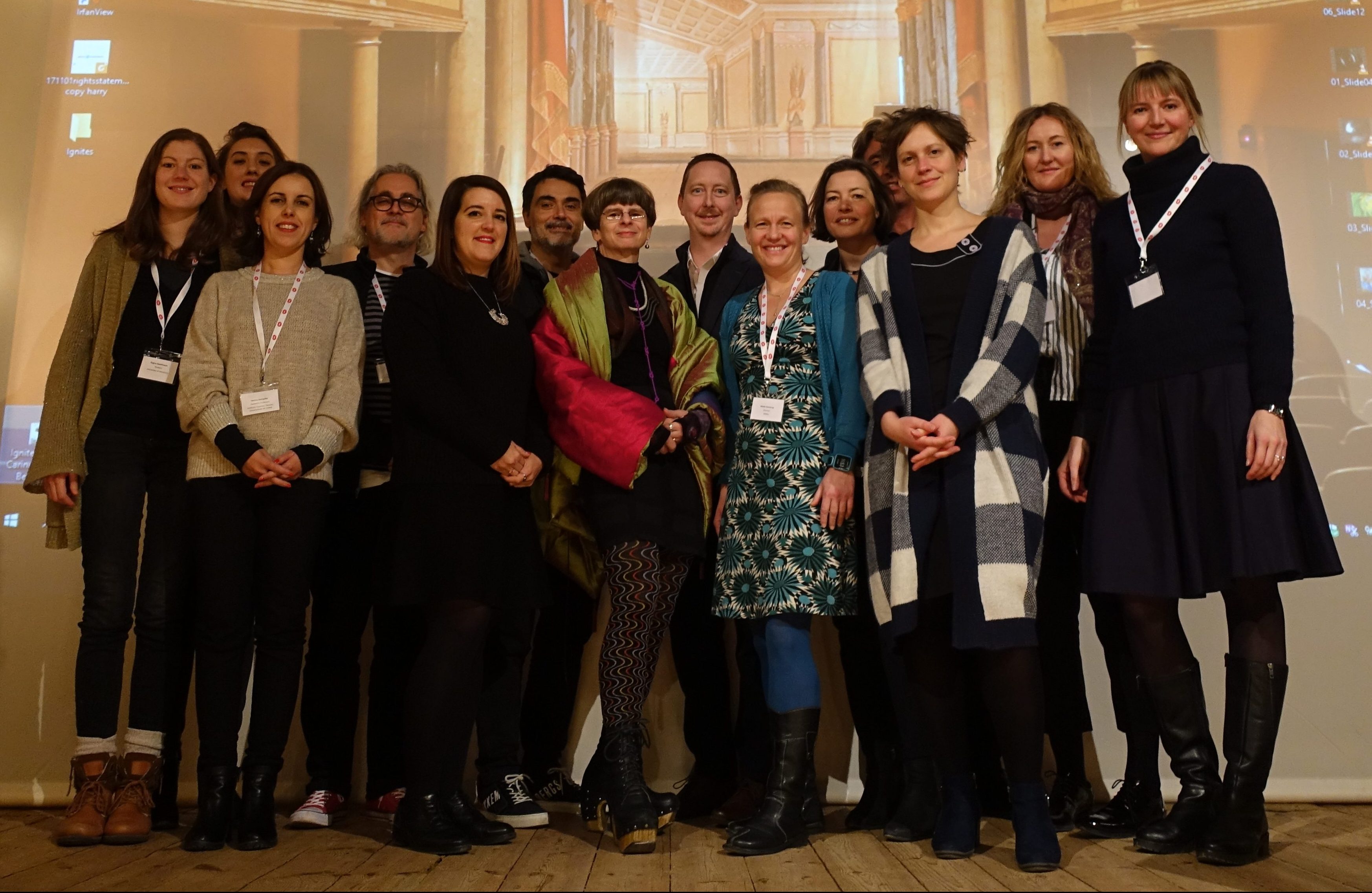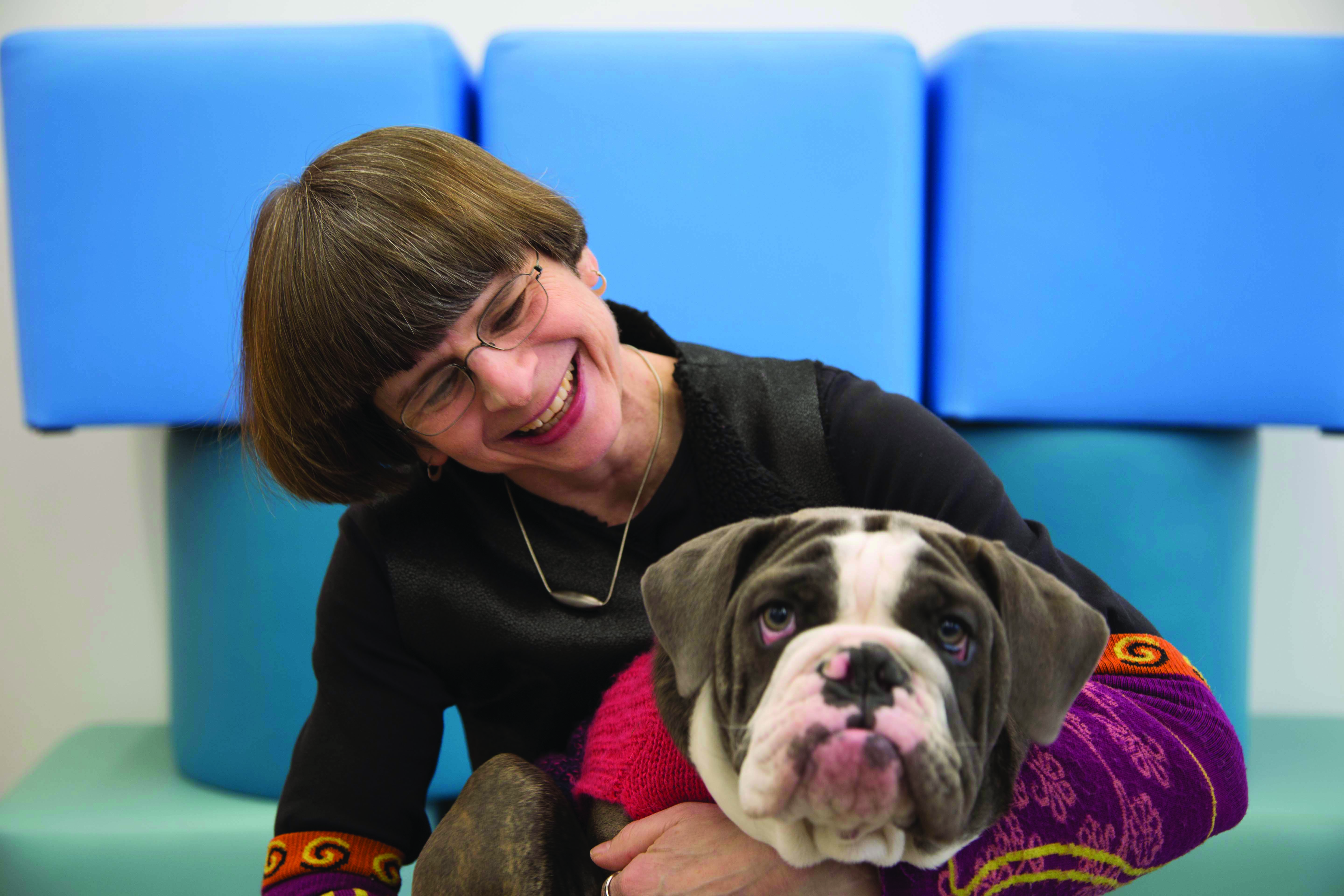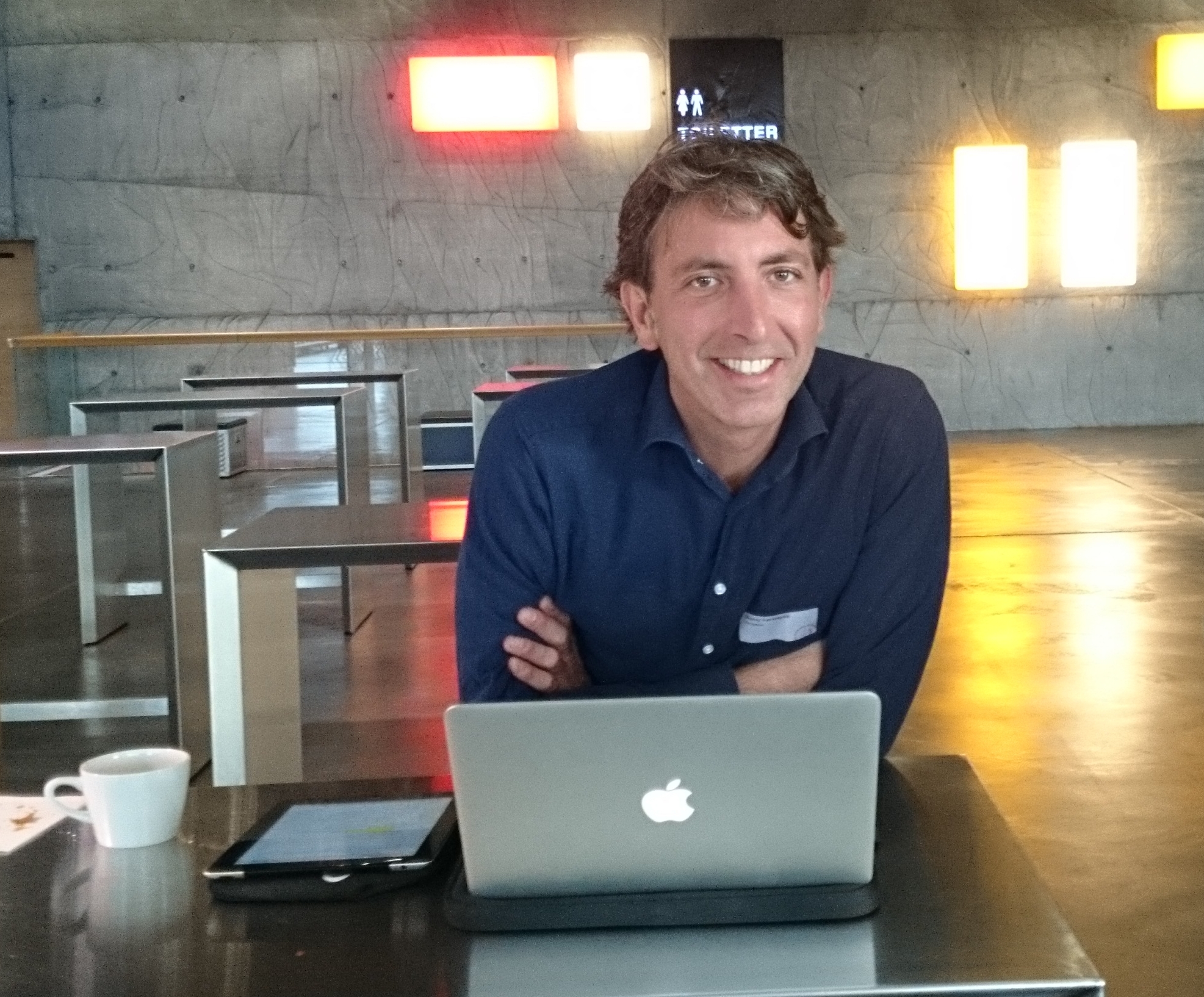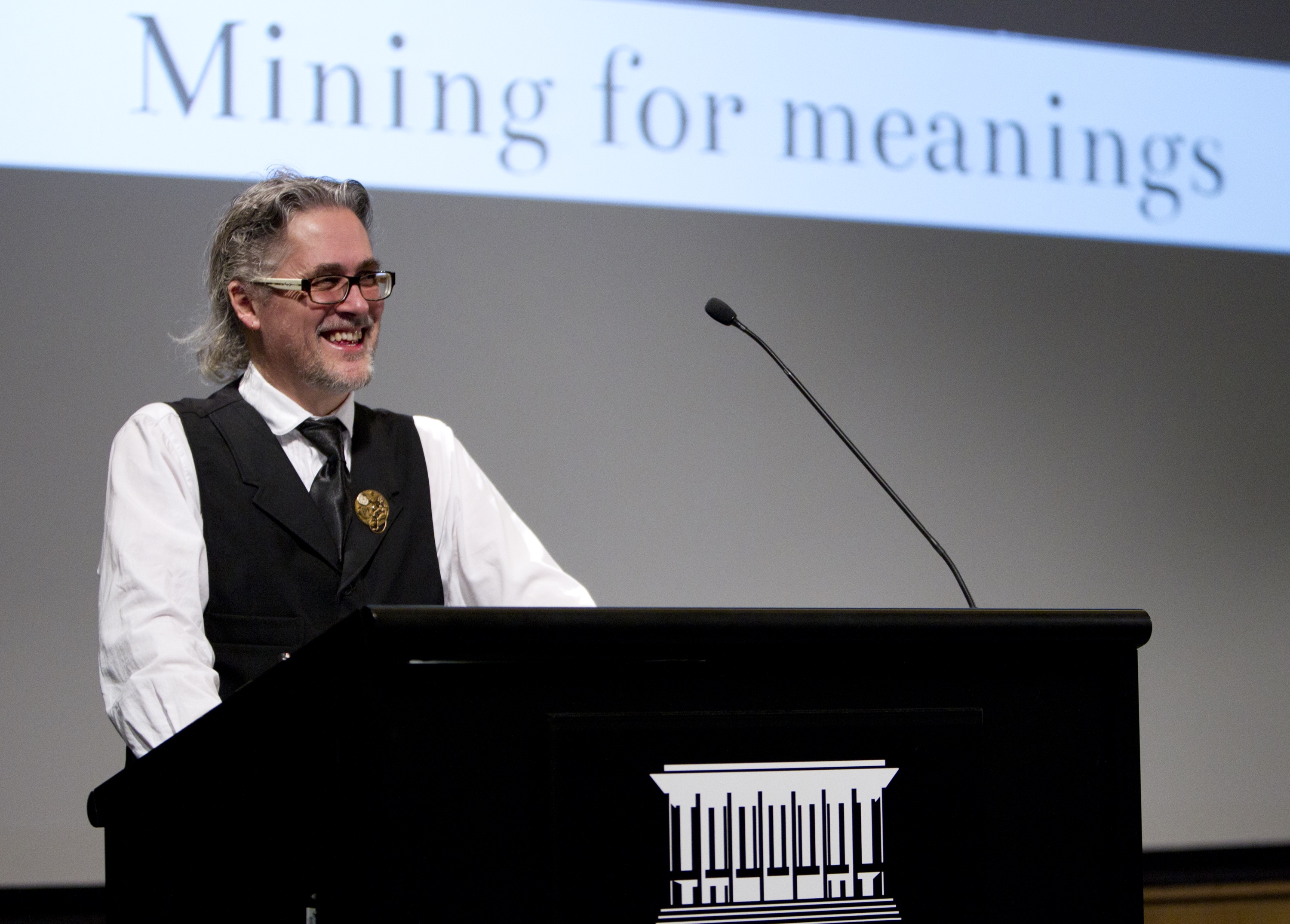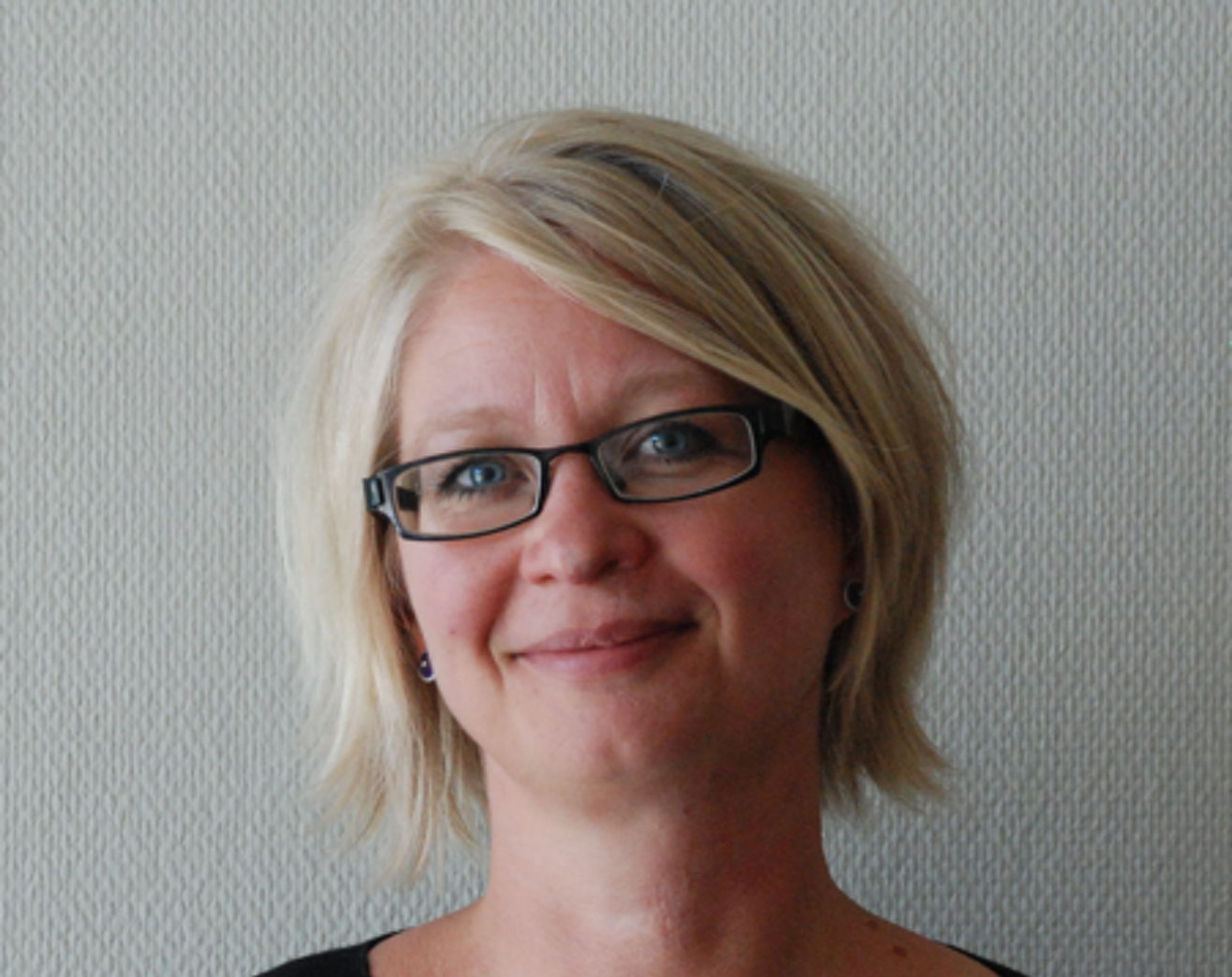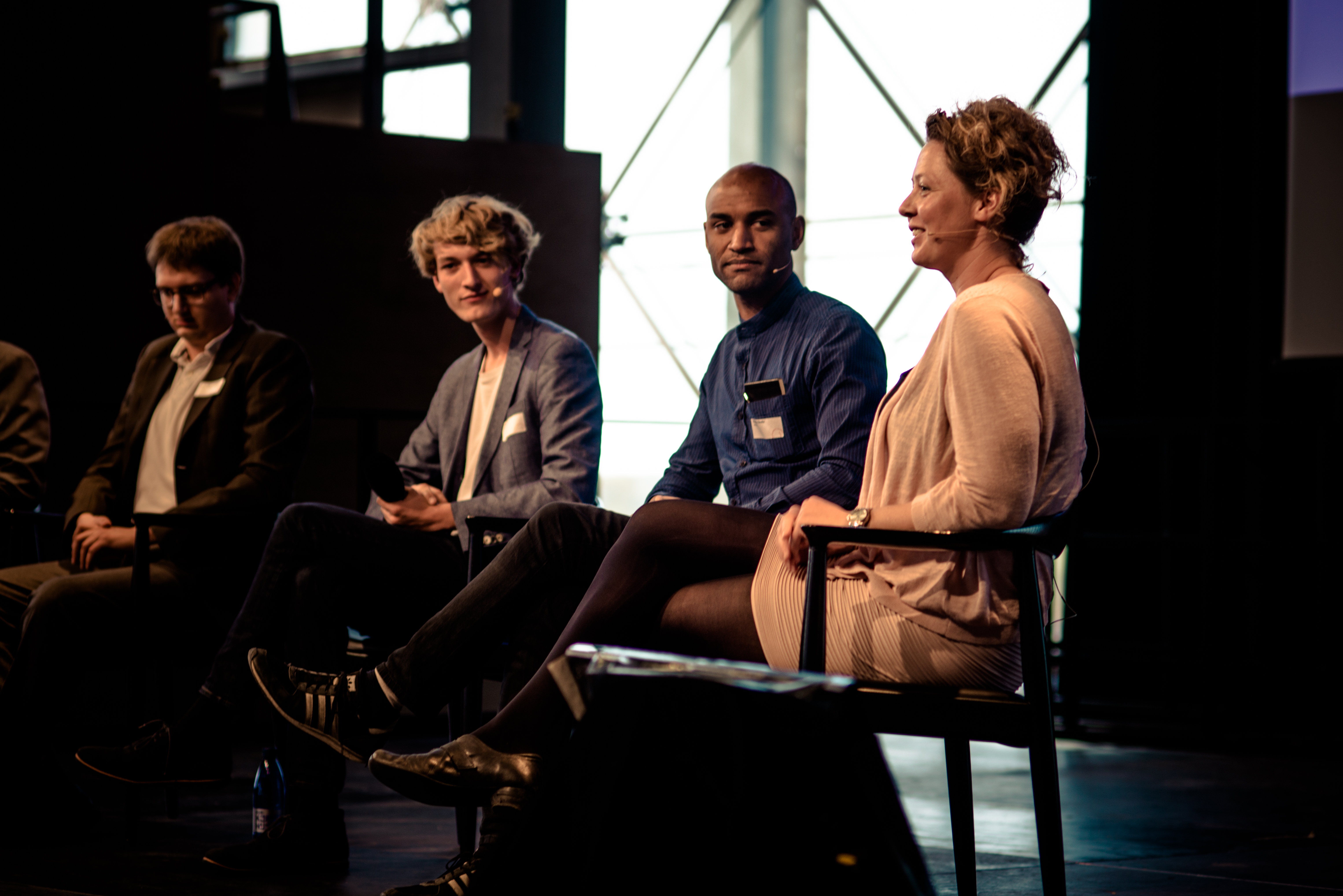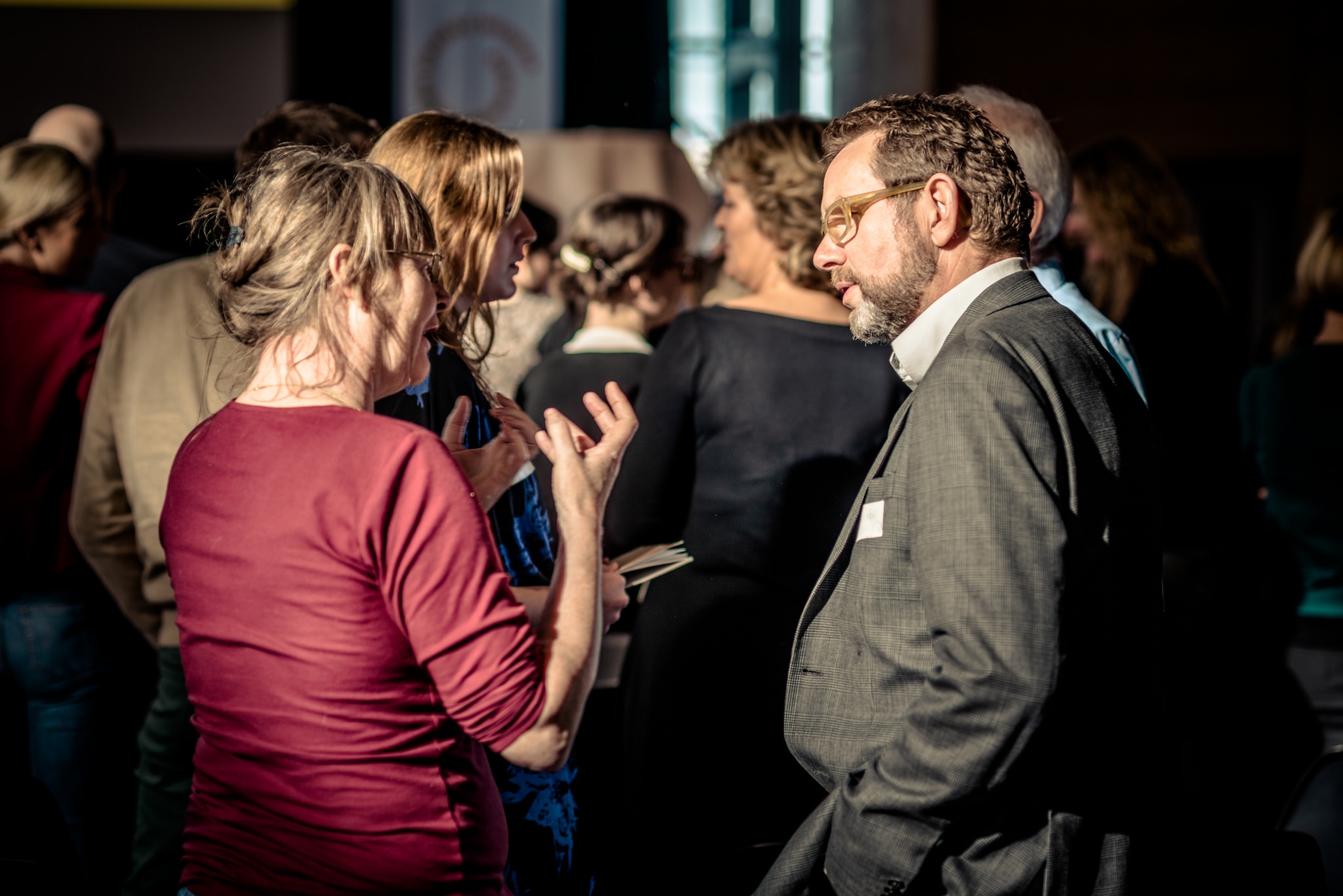The digitisation of cultural heritage collections has been going on for several decades now, promising unprecedented potentials for the GLAM sector to fulfil its public mission of opening up knowledge and culture to the participation and enjoyment of all citizens. As stated in the Universal Declaration of Human Rights, Article 27.1,
Everyone has the right freely to participate in the cultural life of the community, to enjoy the arts and to share in scientific advancement and its benefits.
The big question is, how can the GLAM sector demonstrate that we are achieving this ambition through the digitally powered public engagement efforts we have been developing on the base of digitisation? Increasingly, politicians and funders are demanding numbers to show that the tax or private money spent on culture have tangible social impact. How have people’s opportunities to learn, create and contribute to their culture and society improved after we started providing access to digitised collections? Is it even possible to produce hard evidence of such improvements?
Venue : Aarhus, Denmark – The 2017 European Capital of Culture Date: November 20-21 2017
The conference was livestreamed and documented in collaboration with MMEx. Watch it on YouTube.
Please note: Due to technical failure during the livestream, some of the sessions were unfortunately not recorded.

